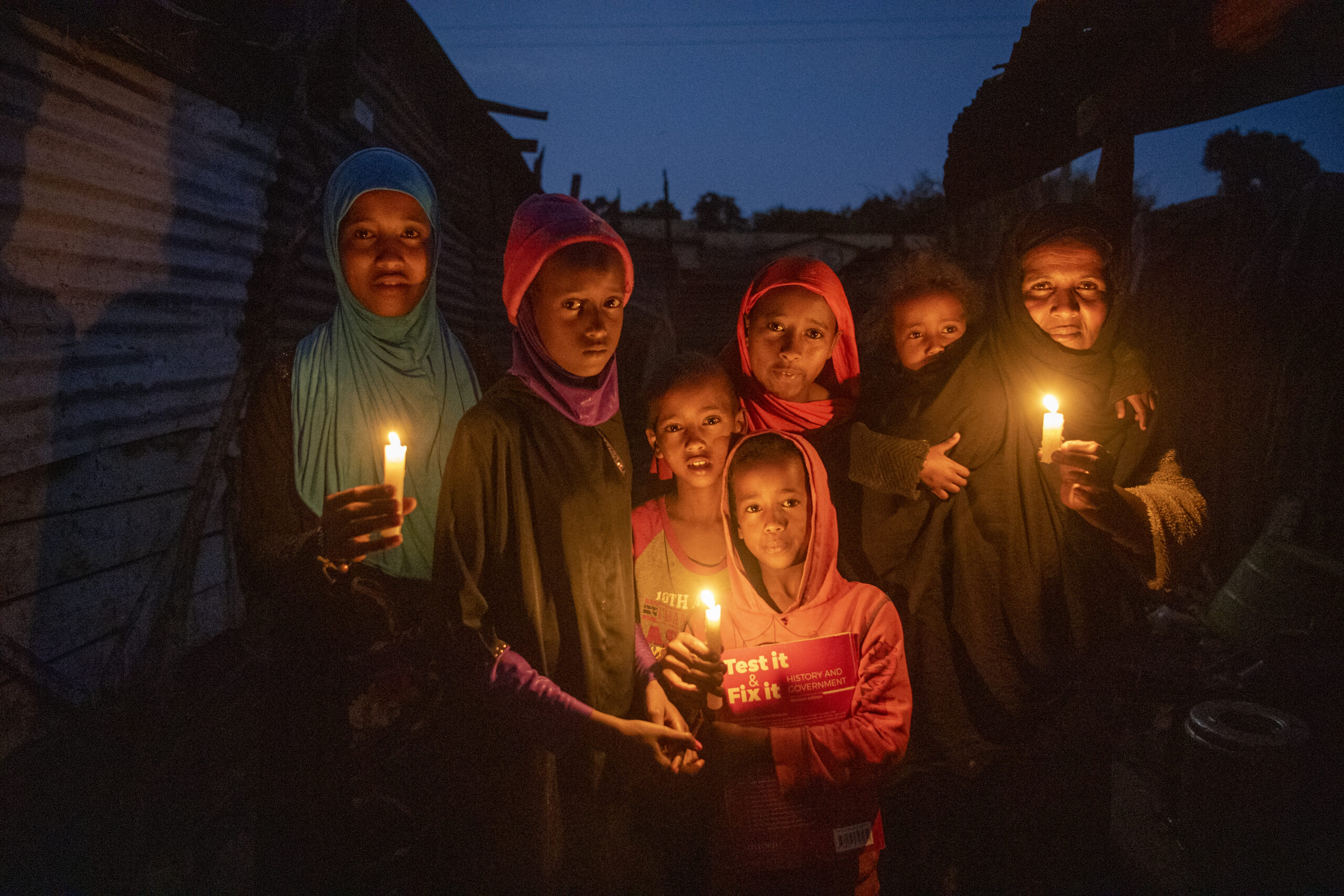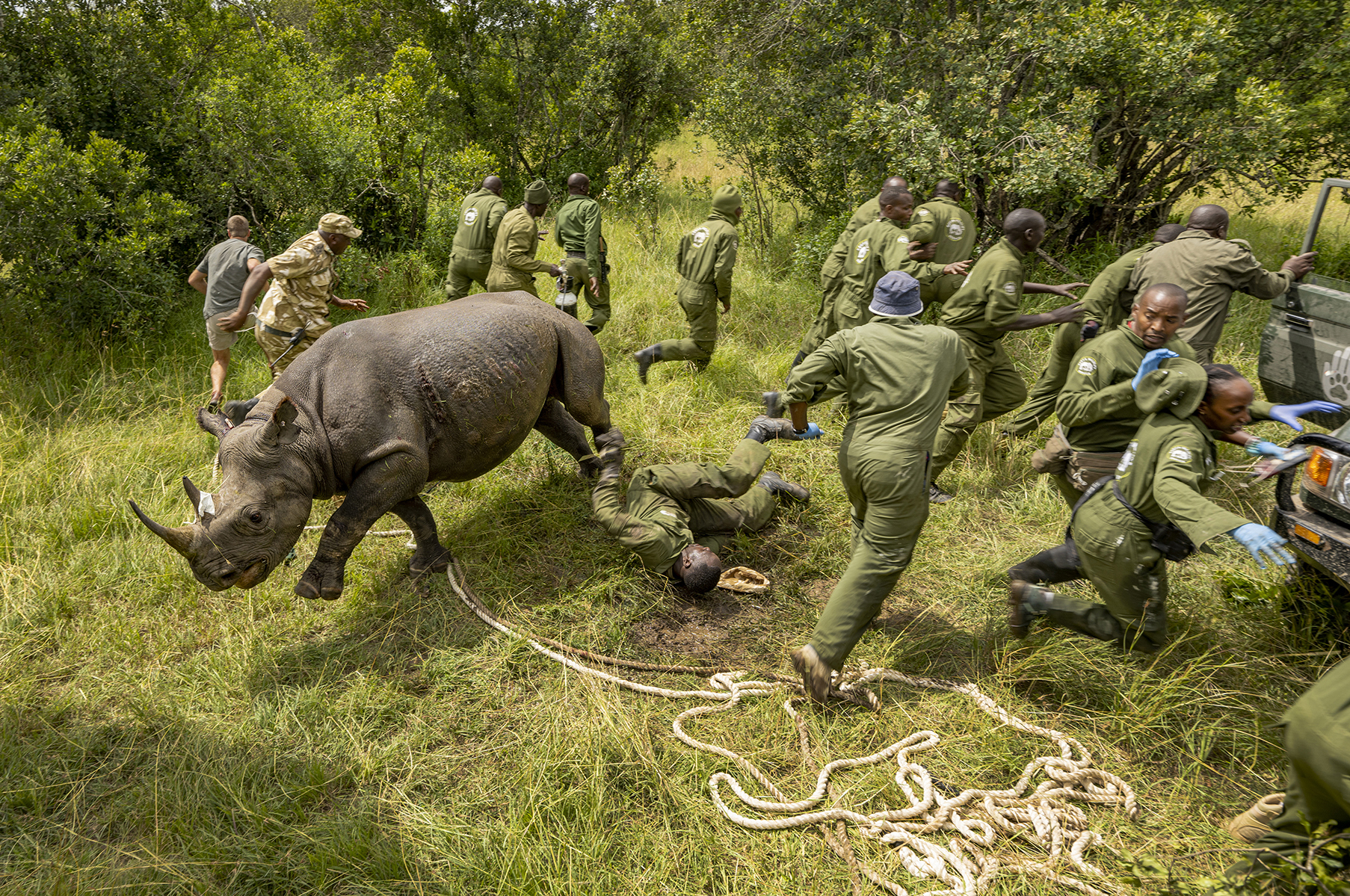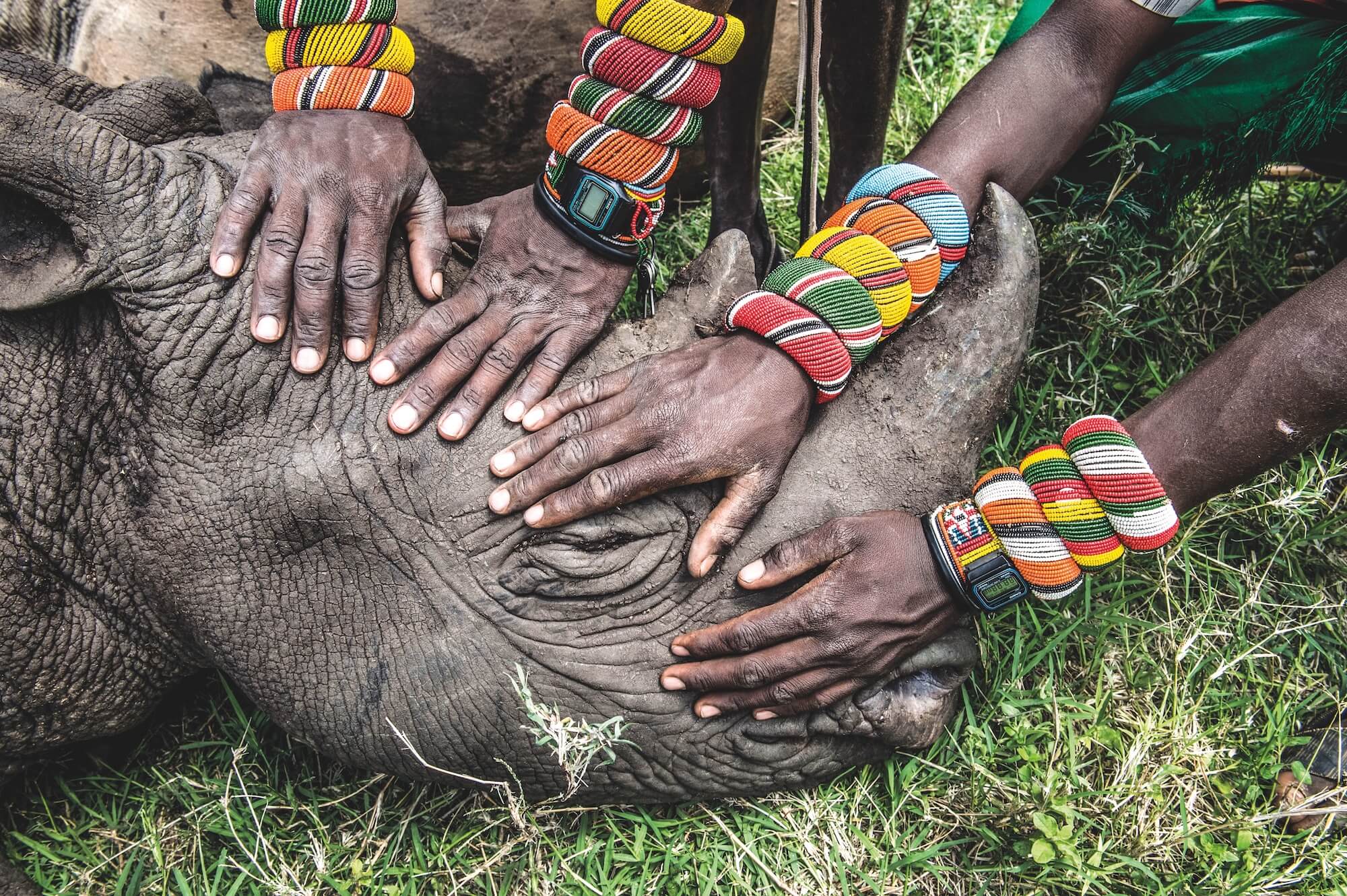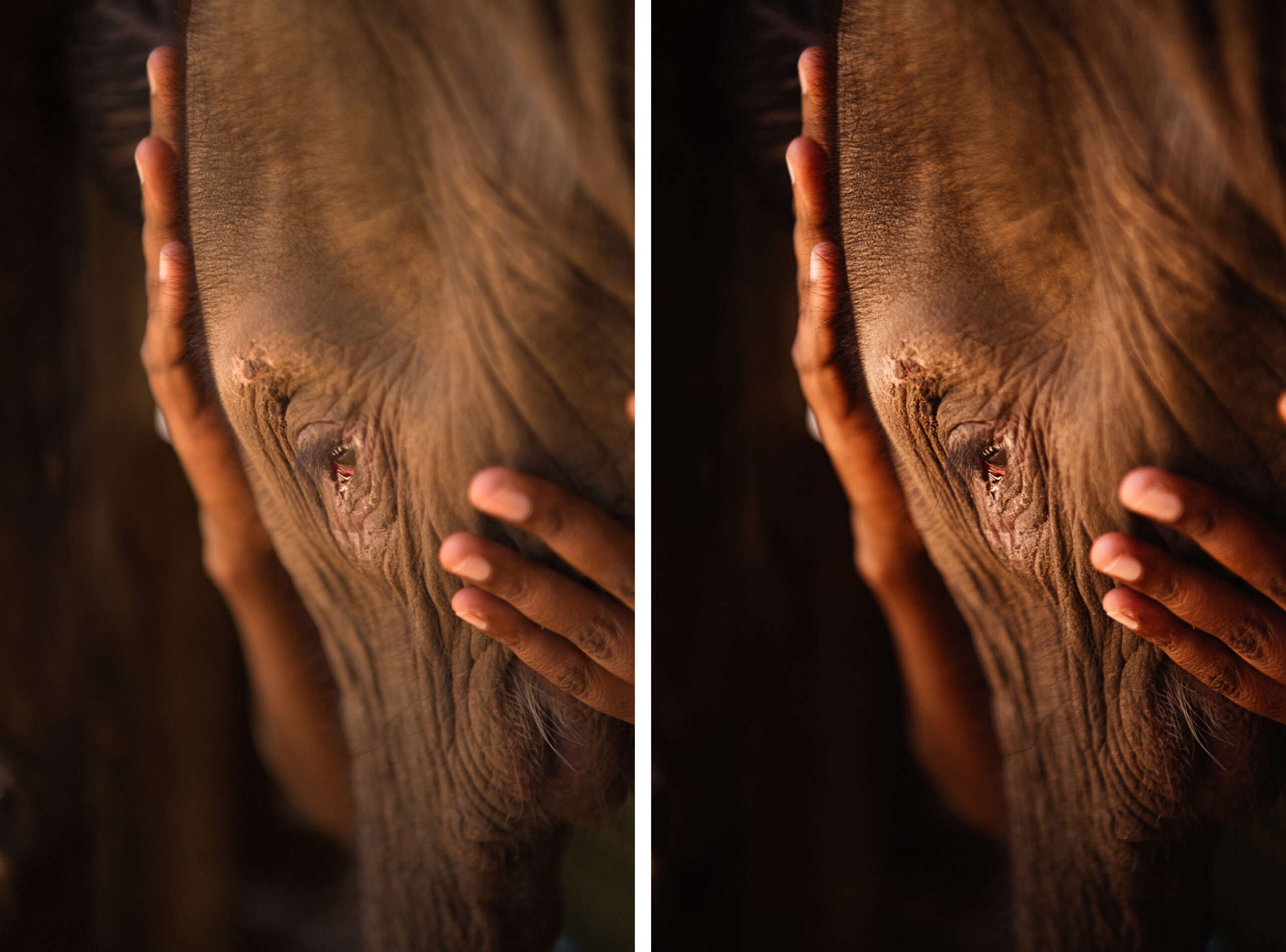Africa
08 / 29 / 2009
Return to BlogVillagers fetch water from a polluted hole in the village of Dambas, 80 kilometers outside of Wajir, in northern Kenya May 10, 2006. Many people are suffering from diarrhoea, cholera, malaria and are even more vulnerable to diseases because of their weakened state. The number of people who are at risk in the Horn of Africa is estimated to be around 15 million of which more than 8 million have been identified as being in need of urgent emergency assistance. Though the rains have come and turned the land green, the problems facing the pastoralists still persist after 3 years of drought that resulted in severe livelihood stress, food insecurity, livestock deaths and high rates of malnutrition. (Ami Vitale)
You May Also Enjoy

Help Vital Impacts Meet the Match
I had the pleasure of speaking with the incredibly talented and thoughtful Mark Edward Harris from Make It Better Foundation about the power of a single image to impact our understanding of the world. At this critical moment for humanity, we cannot afford to feel overwhelmed or hope that someone else will address our challenges. [ … ]

Black Rhino Revival
I am honored to have been able to collaborate with The Nature Conservancy to document the incredible efforts and critical steps Kenya has had in achieving stable habitats for the survival of the species. Black rhinos once thrived across Kenya, but rampant poaching in the 1970s and ’80s drove them to near extinction. However, government [ … ]

Ami Named Royal Photographic Society Honorary Fellow
I am honored to share that I have been named an honorary fellow of the Royal Photographic Society, alongside such photographic luminaries as James Balog, James Friend, Sirkka-Liisa Konttinen, Michelle Sank, Marilyn Nance, Yasmine Crawford, and William Kentridge. This prestigious recognition is part of an initiative that celebrates the unique power of photography to challenge societal [ … ]

My Earth Essence Presets with Luminar Neo
I’m excited to announce my partnership with Luminar Neo. We have launched an exclusive Earth Essence Presets Collection that captures the essence of classic darkroom techniques. These presets are crafted to help you make subtle, yet powerful enhancements to your portrait, landscape, and wildlife photography. Guided by a strong commitment to ethical standards, my image [ … ]

